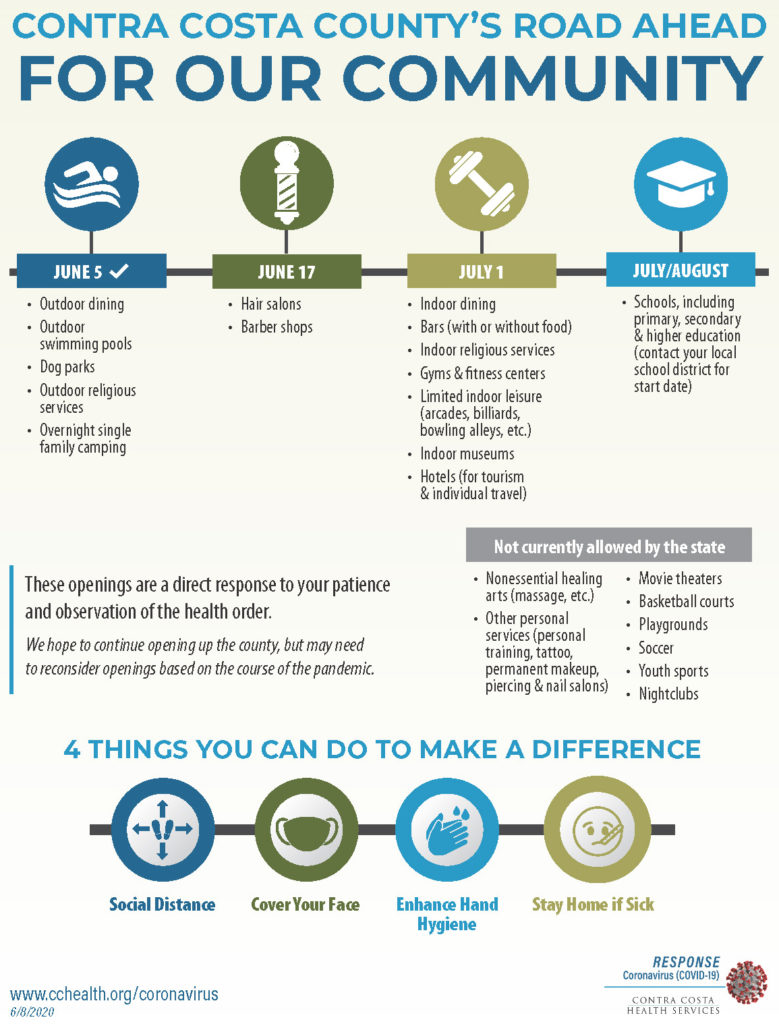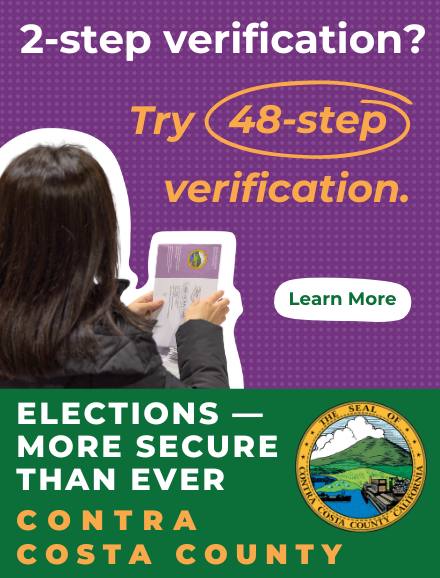Supervisors hear protests over proposed $2.8 million Sheriff’s Office increase, layoff librarians, reduce library hours
Wednesday, June 17th, 2020OK spending $10,000 on sales tax poll
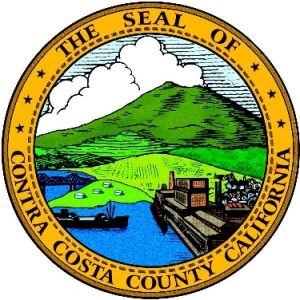 By Daniel Borsuk
By Daniel Borsuk
The Contra Costa County Board of Supervisors got an earful of complaints on Tuesday from citizens upset over a proposal to award Sheriff David O. Livingston’s department a $2.8 million pay raise up and a department request to buy a $275,000 LDV Custom Specialty Vehicle at a time library hours are being slashed and librarians are getting pink slips.
At the last minute, a proposal to layoff up 16 Department of Child Support Services workers was scuttled from the agenda when county officials learned that the Governor’s Office has proposed state funding that could keep the child support services positions on the payroll. County officials were unaware of the new state funding source before Tuesday’s meeting and details were not provided at Tuesday’s meeting.
In the Black Lives Matter era, supervisors listened via teleconference how speakers objected to the county’s proposal to give Sheriff Livingston, who has been the target of numerous complaints from citizens about how his deputies abuse the rights of male and female prisoners of color, should not receive a $2.8 million increase for fiscal year 2020/2021 when many other county services like libraries are taking funding cuts.
County Administrator David Twa said because of the uncertainty of the state’s fiscal situation due to COVID-19, the supervisors will not get around to passing a 2020-2021 budget until August, not June.
Speakers also opposed Sheriff Livingston’s request to use a $275,000 2017-2018 State Homeland Security Grant Program to buy a 2019 or 2020 Ford F550 Logistics Support Vehicle.
“Now is not the time to increase the Sheriff’s budget,” protested Harry Baker of Pleasant Hill, who had demonstrated a day earlier in front of Sheriff Livingston’s Danville home. Speaking to supervisors’ telephone, Baker said. “Keep the libraries open. Police brutality is on the rise. Don’t increase the sheriff’s budget.”
“You should not increase the sheriff’s budget when you’re making cuts in the library and child support services,” complained Francisco Torrez of Pittsburg. “Libraries are part of our democratic process. Hospitals are needed in West county Talk about militarization. We don’t have any faith in our Sheriff.”
“I oppose increasing the Sheriff’s budget,” protested Rachel Cohen of Danville. “He has proven to be a racist. Juvenile Hall should be closed. Fund social programs, public housing, libraries. Look at Minneapolis, San Francisco, Portland, Oregon, at what police should look like.”
Several speakers like Raymond Hutchins called on supervisors Diane Burgis of Brentwood, Karen Mitchoff of Pleasant Hill and Federal Glover of Pittsburg for accepting collectively $22,500 in campaign funds from the Contra Costa County Sheriff’s Association.
None of the three supervisors addressed the charge about accepting sheriff’s association campaign funds, especially Glover who faces a runoff election this November against county assessor Gus Kramer.
Neither the sheriff nor a spokesman was available to comment about the protestor’s statements at Tuesday’s meeting.
Concerning the sheriff’s request for a $275,000 LDV Custom Specialty Vehicle, speakers questioned why the Sheriff’s Office needs an armored vehicle for search and rescue purposes and other speakers thought the vehicle will be improperly used by deputies to patrol peaceful BLM demonstrations.
“This truck will used to respond to wildfires,” said Supervisor Mitchoff. “This is an armored vehicle. Its main use is for support.”
Supervisors unanimously approved the state grant for the sheriff to buy the CSV.
Libraries Reduce Hours, Cut Staff
County librarian Melinda Cervantes relayed the bad news to supervisors that because of the dwindling revenues, several cities have to cutback operating hours to the county’s mandatory 35 hours per week schedule. As a result of the reduced operating hours, the library is laying off 32 librarians, mostly library assistant -journey level employees.
The Brentwood library will cut hours per week from 56 to 35, Clayton from 56 to 35 hours, Concord from 52 to 48 hours, Danville from 60 to 56 hours, El Cerrito from 50 to 46 hours, Hercules from 43 to 39 hours, Lafayette from 58 to 54 hours, Moraga from 39 hours to 35 hours, Orinda from 60 per week to 56, San Pablo will reduce hours from 47 to 35, and San Ramon from 58 hours to 54 hours.
County Administrator Twa said the librarians will be offered positions elsewhere in the county, most likely clerical positions.
Supervisors voted 5-0 in approving the reduction in library operations and staffing.
Agree to Spend $10,000 on Sales Tax Poll
In the county’s quest to draw additional funds to support public services, the supervisors agreed on a 4-1 vote to spend $10,000 for a polling firm to test prospective voters whether a tax increase could muster voter approval this November.
Board chair Candace Andersen of Danville cast the lone dissenting vote on the proposal suggested by District 1 Supervisor John Gioia of Richmond. Some $21,000 has already been raised to conduct a poll from labor unions and other organizations.
Certain features of the 75-word poll would test the public’s opinion about the pandemic, willingness to pay more in taxes in the areas of hospitals, sheriff services, abuse, senior services, mental health, youth services, and criticism in the community.
Hair Salons, Barber Shops Allowed to Open
Supervisors were informed from Deputy Public Health Officer Dr. Tom Warren that the county is taking another step toward alignment with the state’s guidance on opening businesses and activities, while recommending that residents stay home as much as possible and take steps to protect themselves and each other when leaving the house.
Dr. Warren told supervisors the county’s health order now allows hair salons and barber shops to reopen for business beginning Wednesday morning. They must follow state health guidance to reduce the risk of spreading COVID-19.
The new order also increases the number of swimmers who may share a pool to 1 person per 75 square feet, as allowed by the state. The social distancing order also allows as many as 100 persons to attend a funeral or other religious service at an indoor place of worship, in line with the state health guidance.
Planning Review to Begin on Walnut Creek Area Senior Development
The Contra Costa County Conservation & Development Department got the green light to begin general plan amendment study of Spieker Senior Development Partner’s congregate care/senior housing development (CCSHD) in unincorporated Walnut Creek, at the end of Seven Hills Ranch Road.
The project is regulated by the State of California Department of Social Services to provide lifetime occupancy and support services, instead of ownership interests.
The development consists of two independent living units providing about 351 total units and a health care center with 100 total units – 50 units for skilled nursing, 20 units for memory care and 30 units for assisted living.
The proposed development would provide a clubhouse, recreation building, parking, and maintenance buildings.











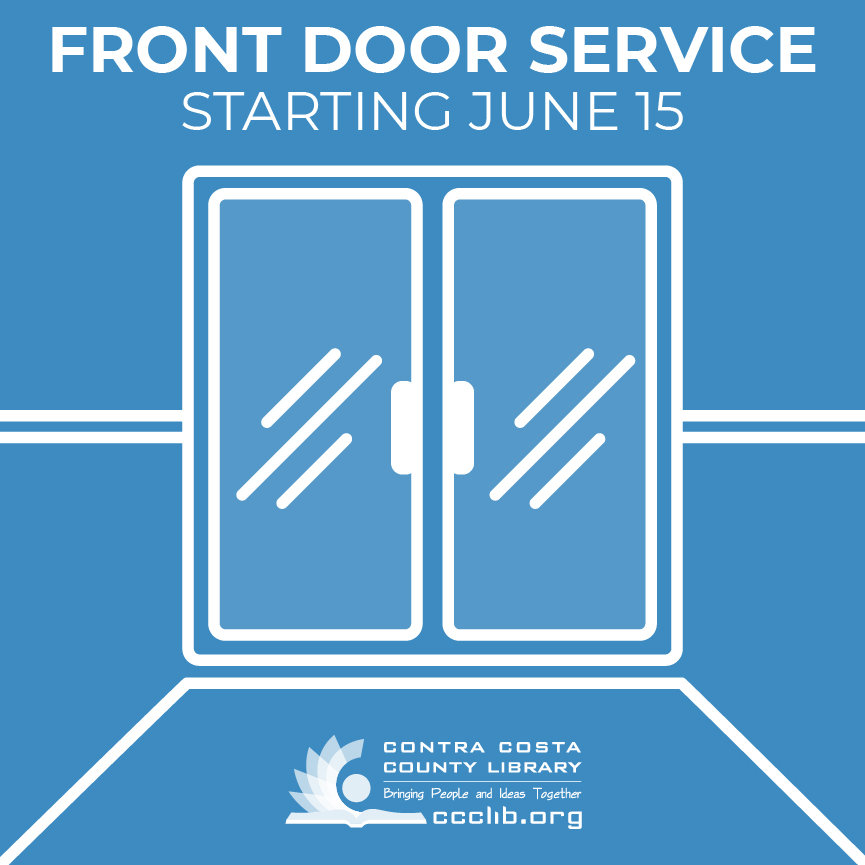
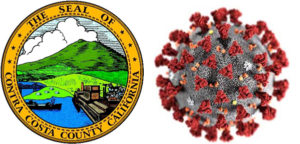 The State of California this week granted Contra Costa County a variance that allows more local control over when some activities restricted by the COVID-19 pandemic may resume.
The State of California this week granted Contra Costa County a variance that allows more local control over when some activities restricted by the COVID-19 pandemic may resume.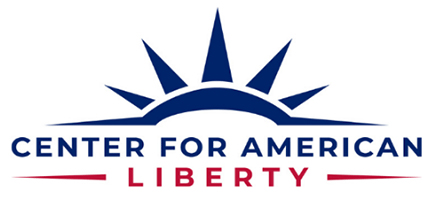
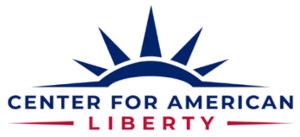 Following is the statement from the
Following is the statement from the 